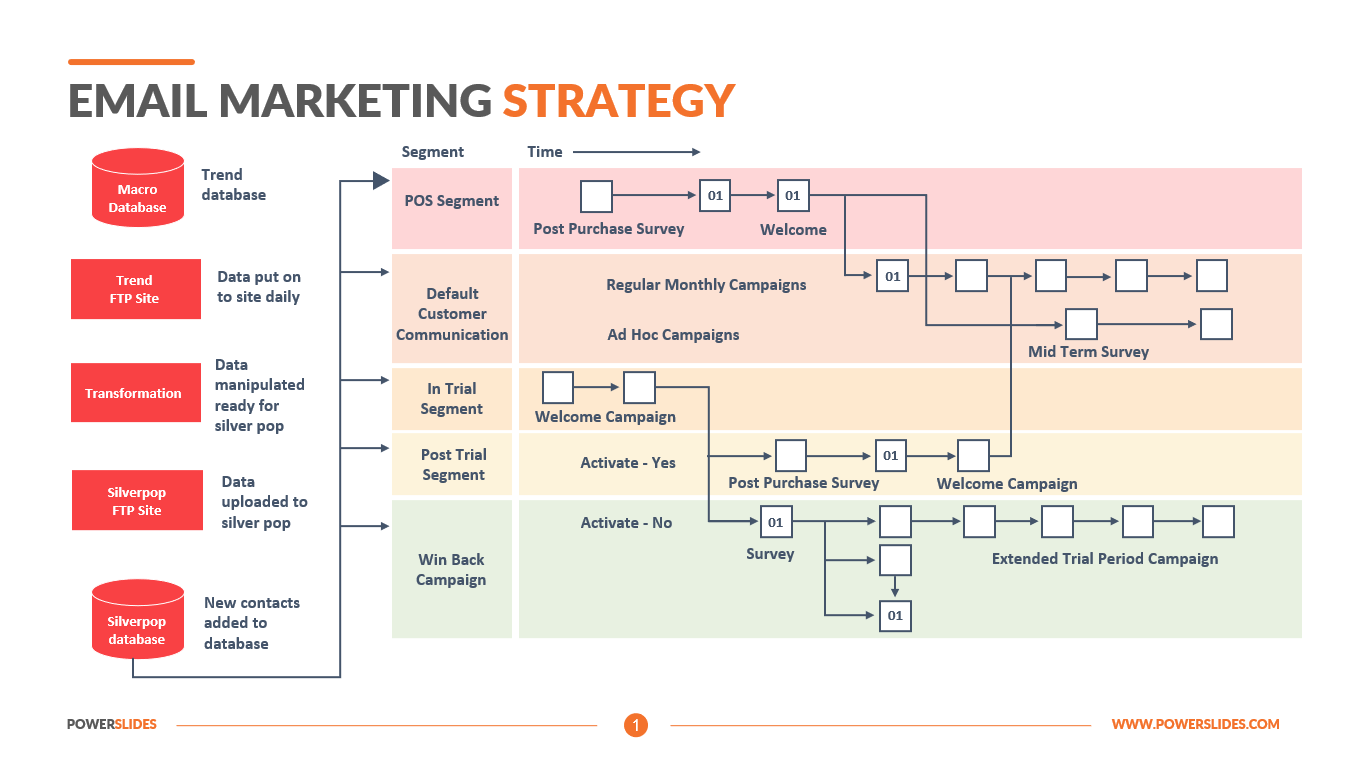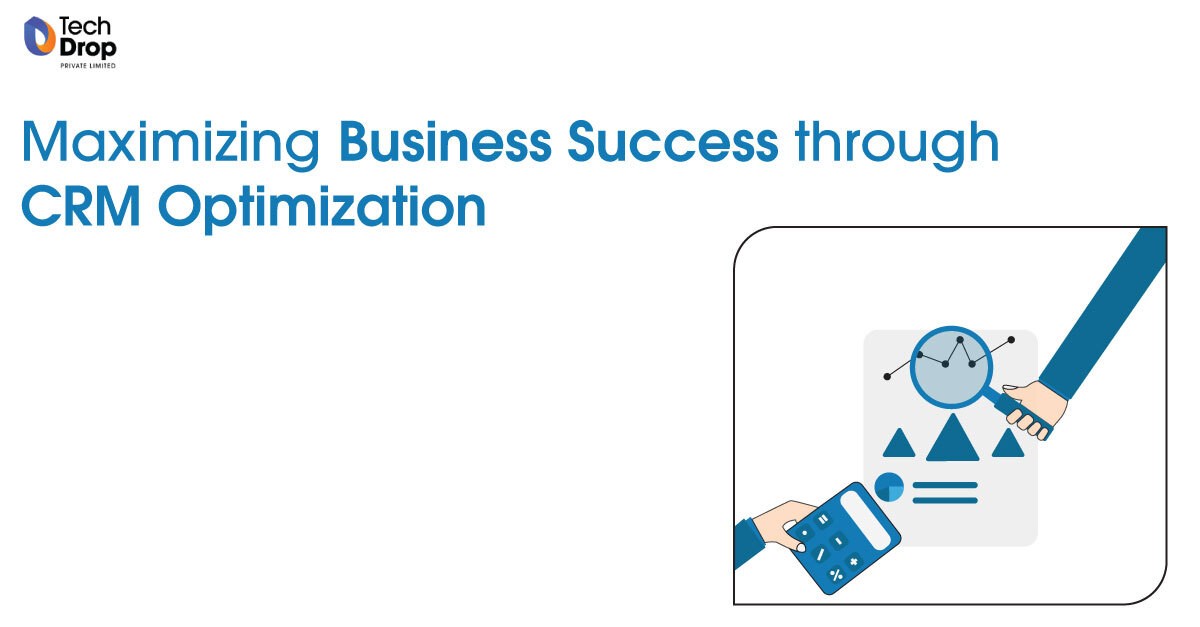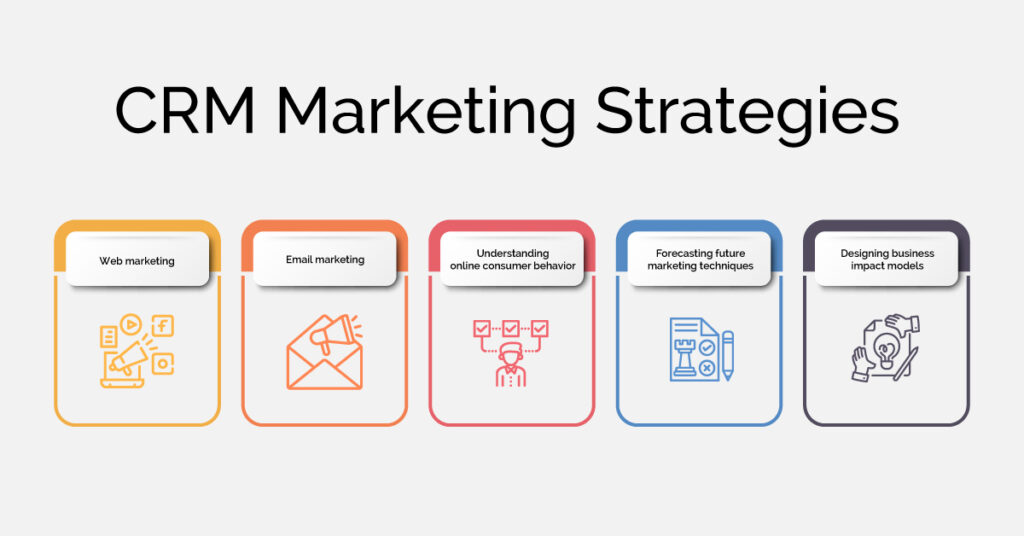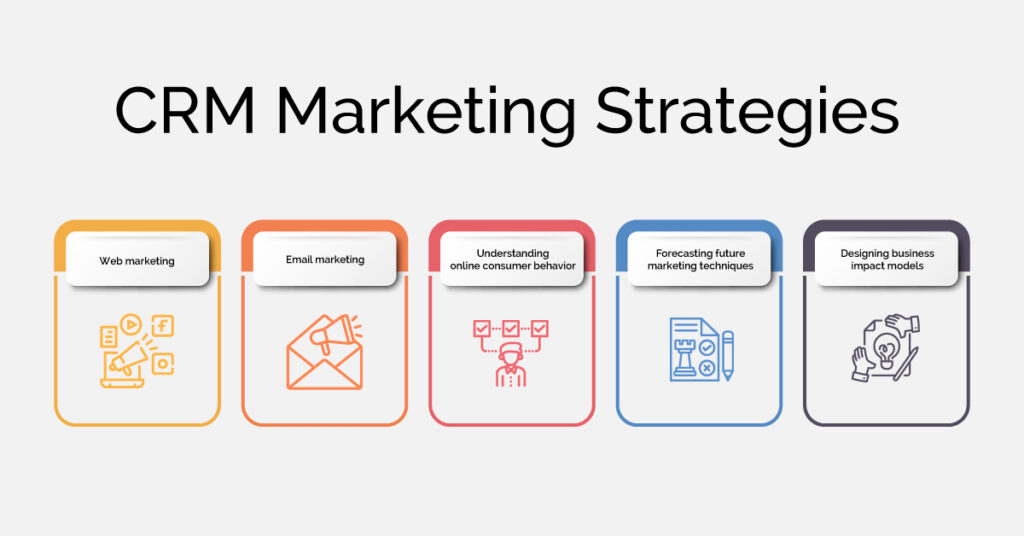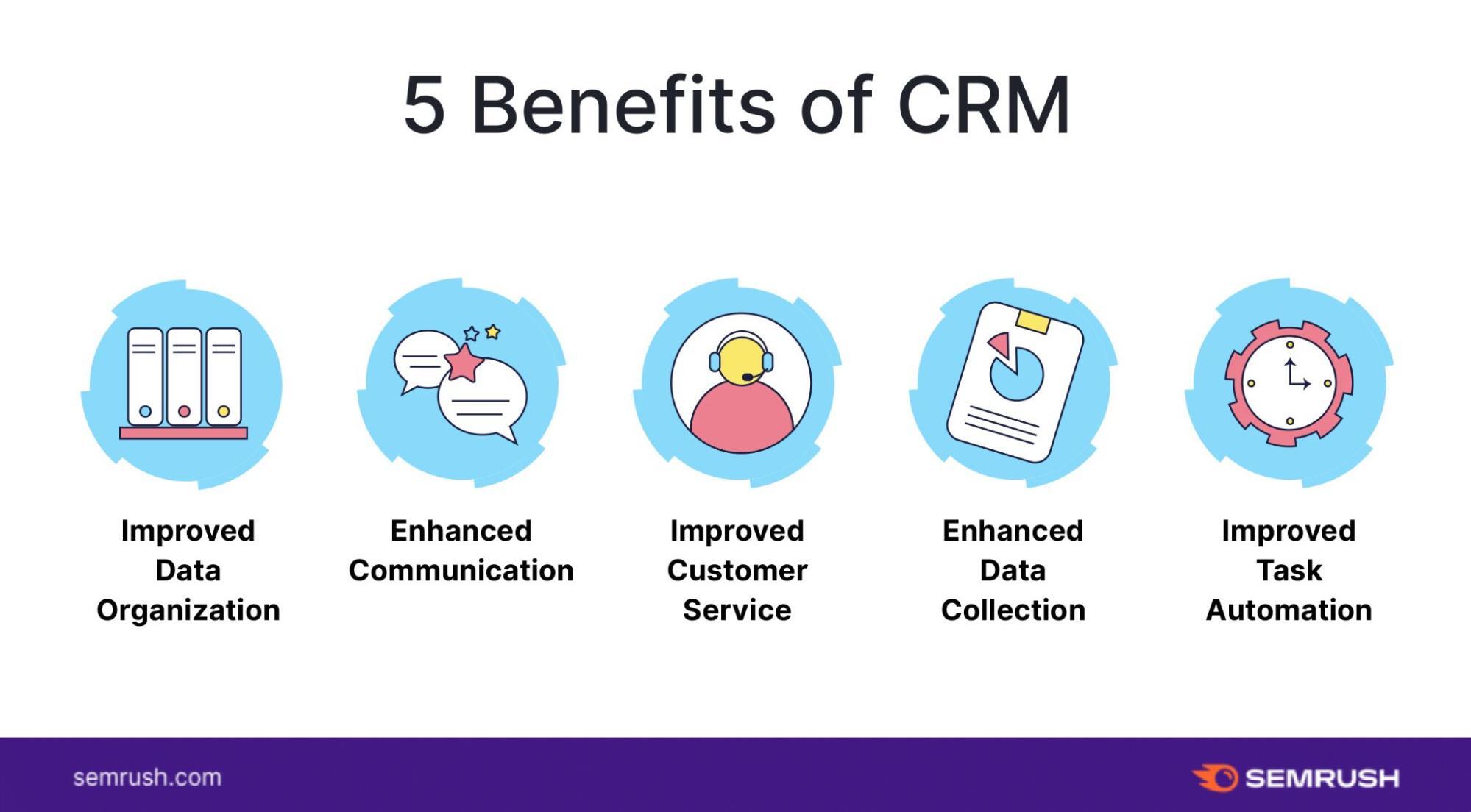Supercharge Your Business: Mastering CRM Marketing for Unstoppable Customer Retention
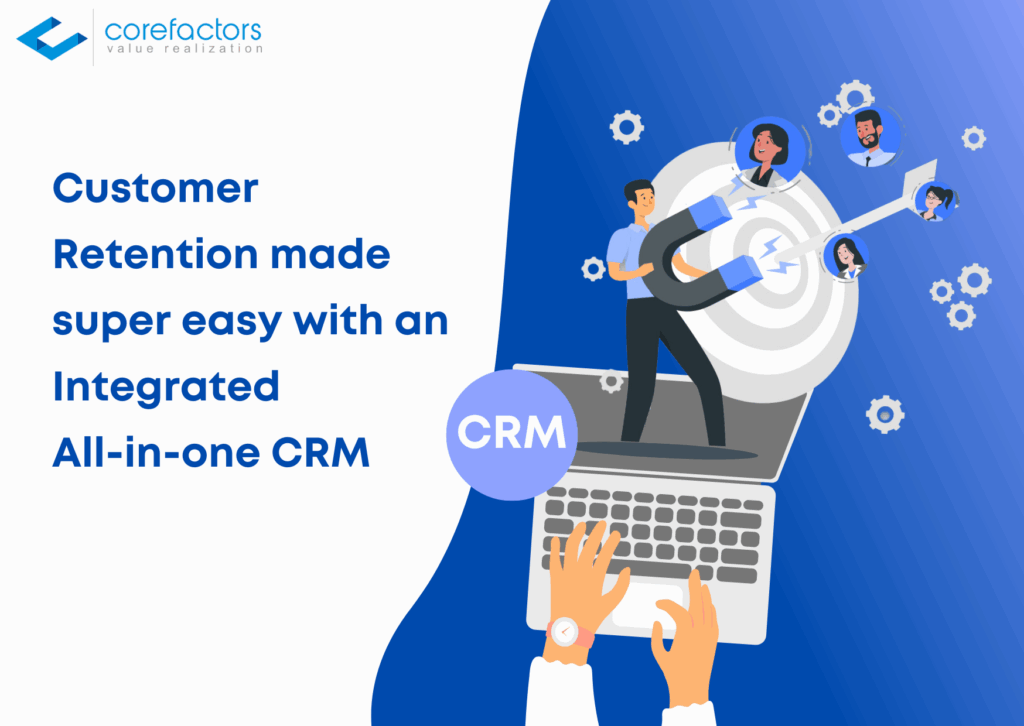
Introduction: The Power of Customer Relationship Management in the Modern Marketplace
In today’s hyper-competitive business landscape, simply acquiring customers isn’t enough. The real key to sustainable success lies in keeping them. This is where Customer Relationship Management (CRM) marketing steps in. It’s more than just a buzzword; it’s a strategic approach that leverages technology and data to build lasting relationships with your customers, fostering loyalty and driving revenue growth. This comprehensive guide will delve into the intricacies of CRM marketing, exploring its benefits, strategies, and best practices to help you unlock the full potential of customer retention.
Understanding CRM Marketing: Beyond the Basics
CRM marketing focuses on using CRM systems to manage and analyze customer interactions throughout the customer lifecycle. It’s about understanding your customers, their needs, and their behaviors to deliver personalized experiences that resonate with them. This goes far beyond simply tracking contact information; it involves a deep dive into customer data to gain insights that inform marketing strategies and improve customer service.
The Core Components of CRM Marketing
- Customer Data Management: This involves collecting, organizing, and analyzing customer data from various sources, including website interactions, social media engagement, email interactions, and purchase history.
- Segmentation: Grouping customers based on shared characteristics, such as demographics, purchase behavior, and engagement levels, to tailor marketing messages and offers.
- Personalization: Delivering customized experiences, content, and offers that are relevant to individual customer preferences and needs.
- Automation: Using CRM tools to automate marketing tasks, such as email campaigns, lead nurturing, and customer service workflows, to improve efficiency and deliver timely communications.
- Analytics and Reporting: Tracking key performance indicators (KPIs) to measure the effectiveness of CRM marketing efforts and identify areas for improvement.
The Benefits of CRM Marketing: Why It Matters
Implementing a robust CRM marketing strategy offers a multitude of advantages for businesses of all sizes. These benefits extend beyond simply boosting sales and encompass a broader impact on overall business health and sustainability.
Enhanced Customer Retention
This is arguably the most significant benefit. By understanding your customers better, you can proactively address their needs, resolve issues quickly, and provide personalized experiences that foster loyalty. Happy customers are far more likely to stick around and become repeat buyers.
Increased Customer Loyalty
Loyalty goes hand-in-hand with retention. CRM marketing helps build stronger relationships, leading to increased customer loyalty. Loyal customers are less price-sensitive, more likely to recommend your business to others, and more likely to provide valuable feedback.
Improved Customer Satisfaction
Personalized experiences and proactive customer service contribute to higher levels of customer satisfaction. When customers feel valued and understood, they are more likely to have a positive perception of your brand.
Higher Customer Lifetime Value (CLTV)
CLTV represents the total revenue a customer is expected to generate throughout their relationship with your business. By retaining customers and increasing their loyalty, CRM marketing helps to maximize CLTV.
Data-Driven Decision Making
CRM systems provide valuable insights into customer behavior and marketing performance. This data enables businesses to make informed decisions about marketing strategies, product development, and customer service improvements.
Increased Sales and Revenue
By targeting the right customers with the right messages at the right time, CRM marketing can significantly boost sales and revenue. Personalized offers, targeted promotions, and improved lead nurturing all contribute to a higher conversion rate.
Improved Marketing ROI
CRM marketing allows you to track the performance of your marketing campaigns and optimize your efforts for maximum ROI. By identifying what works and what doesn’t, you can allocate your marketing budget more effectively.
Enhanced Efficiency
CRM systems automate many manual tasks, such as data entry and email marketing, freeing up your team to focus on more strategic initiatives. This leads to increased efficiency and productivity.
Key Strategies for Successful CRM Marketing
Implementing a successful CRM marketing strategy requires a well-defined plan and a commitment to continuous improvement. Here are some key strategies to get you started:
1. Define Your Goals and Objectives
Before you start implementing any CRM marketing initiatives, it’s crucial to define your goals and objectives. What do you hope to achieve? Are you aiming to increase customer retention, boost sales, or improve customer satisfaction? Clearly defined goals will help you track your progress and measure the effectiveness of your efforts.
2. Choose the Right CRM System
Selecting the right CRM system is essential. Consider your business needs, budget, and technical capabilities. Research different CRM platforms and choose one that offers the features and functionality you need to achieve your goals. Some popular options include Salesforce, HubSpot, Zoho CRM, and Microsoft Dynamics 365.
3. Collect and Manage Customer Data Effectively
Data is the lifeblood of CRM marketing. Implement processes for collecting, organizing, and managing customer data from various sources. Ensure your data is accurate, up-to-date, and compliant with privacy regulations.
4. Segment Your Customer Base
Don’t treat all your customers the same. Segment your customer base based on shared characteristics, such as demographics, purchase history, and engagement levels. This allows you to tailor your marketing messages and offers to specific groups of customers.
5. Personalize Your Marketing Communications
Personalization is key to engaging customers and building relationships. Use customer data to personalize your marketing communications, such as email campaigns, website content, and product recommendations. Address customers by name, reference their past purchases, and offer relevant content based on their interests.
6. Automate Marketing Tasks
Automation can save you time and improve efficiency. Use CRM tools to automate repetitive marketing tasks, such as email marketing, lead nurturing, and customer service workflows. This frees up your team to focus on more strategic initiatives.
7. Implement Lead Nurturing Campaigns
Lead nurturing involves engaging potential customers throughout the sales funnel. Use CRM tools to create automated email campaigns and personalized content that nurtures leads and guides them towards a purchase decision.
8. Provide Excellent Customer Service
Customer service is a critical component of CRM marketing. Train your customer service team to provide prompt, helpful, and personalized support. Use CRM tools to track customer interactions and resolve issues quickly.
9. Measure and Analyze Your Results
Track key performance indicators (KPIs) to measure the effectiveness of your CRM marketing efforts. Analyze your results to identify what’s working and what’s not. Use this data to optimize your strategies and improve your ROI.
10. Continuously Improve Your Strategies
CRM marketing is an ongoing process. Continuously evaluate your strategies and make adjustments as needed. Stay up-to-date with the latest trends and technologies to ensure your CRM marketing efforts remain effective.
Leveraging CRM for Customer Retention: Practical Applications
Let’s explore some specific ways CRM can be used to boost customer retention:
Proactive Customer Service
CRM allows you to anticipate customer needs and proactively offer support. For example, if a customer frequently experiences issues with a particular product, you can proactively reach out to offer troubleshooting assistance or suggest alternative solutions. This shows you care and can prevent churn.
Personalized Recommendations
By analyzing purchase history and browsing behavior, CRM can power personalized product recommendations. This not only enhances the customer experience but also encourages repeat purchases. Think of Amazon’s “Customers Who Bought This Item Also Bought…” feature – that’s CRM at work.
Targeted Loyalty Programs
CRM enables you to segment customers based on their value and engagement, allowing you to create targeted loyalty programs. Offer exclusive rewards and benefits to your most valuable customers to incentivize them to stay and spend more.
Re-engagement Campaigns
Identify customers who haven’t interacted with your business in a while and create re-engagement campaigns. This could involve sending personalized emails with special offers, exclusive content, or simply a friendly reminder of the value you offer.
Feedback Collection and Analysis
CRM can streamline the process of collecting and analyzing customer feedback. Use surveys, feedback forms, and social media monitoring to gather insights into customer satisfaction and identify areas for improvement. This feedback is invaluable for refining your products, services, and customer experience.
Churn Prediction
Advanced CRM systems can use data analysis to predict which customers are at risk of churning. By identifying these at-risk customers, you can proactively reach out to them and address their concerns before they leave. This proactive approach can save a significant number of customers.
Integrating CRM with Other Marketing Channels
To maximize the impact of your CRM marketing efforts, it’s crucial to integrate your CRM system with other marketing channels. This creates a seamless customer experience and allows you to leverage data across all touchpoints.
Email Marketing
Integrate your CRM with your email marketing platform to create personalized email campaigns based on customer data. Segment your email list, send targeted offers, and track email performance within your CRM.
Social Media Marketing
Connect your CRM with your social media channels to track customer interactions, monitor brand mentions, and engage with customers in real-time. Use social media data to personalize your marketing messages and identify potential leads.
Website Personalization
Use your CRM data to personalize the content and offers displayed on your website. This can include personalized product recommendations, targeted promotions, and dynamic content that adapts to each visitor’s interests and needs.
Advertising Platforms
Integrate your CRM with advertising platforms like Google Ads and Facebook Ads to create targeted advertising campaigns. Use customer data to segment your audience and deliver personalized ads that resonate with their interests and needs. This helps you to improve your advertising ROI and reach the right customers.
Overcoming Challenges in CRM Marketing
While CRM marketing offers significant benefits, it’s not without its challenges. Here are some common hurdles and how to overcome them:
Data Silos
Data silos occur when customer data is stored in separate systems and not shared across departments. To overcome this, integrate your CRM system with all relevant data sources and establish clear data governance policies.
Data Quality Issues
Inaccurate or incomplete data can undermine your CRM marketing efforts. Implement data validation processes to ensure your data is accurate, up-to-date, and complete. Regularly review and clean your data to maintain its quality.
Lack of User Adoption
If your team doesn’t fully embrace the CRM system, its potential will not be realized. Provide adequate training, support, and ongoing communication to encourage user adoption. Demonstrate the value of the CRM system and its benefits to each team member.
Poor Integration with Other Systems
If your CRM system doesn’t integrate well with other systems, it can hinder your marketing efforts. Choose a CRM system that integrates seamlessly with your existing tools and platforms. Ensure data flows seamlessly between systems.
Resistance to Change
Implementing a new CRM system or changing existing processes can be met with resistance. Manage change effectively by communicating the benefits of the new system, providing training, and involving your team in the implementation process.
The Future of CRM Marketing: Trends to Watch
The landscape of CRM marketing is constantly evolving. Staying ahead of the curve requires keeping an eye on the latest trends and technologies:
Artificial Intelligence (AI) and Machine Learning (ML)
AI and ML are transforming CRM marketing by automating tasks, providing deeper insights into customer behavior, and enabling more personalized experiences. Expect to see more AI-powered chatbots, predictive analytics, and automated marketing campaigns.
Hyper-Personalization
Customers expect personalized experiences. CRM marketing will continue to move towards hyper-personalization, with businesses leveraging data to create highly customized interactions that cater to individual customer preferences and needs.
Omnichannel Marketing
Customers interact with businesses across multiple channels. Omnichannel marketing involves providing a seamless and consistent experience across all channels, including email, social media, website, and in-person interactions.
Privacy and Data Security
With increasing concerns about data privacy, businesses must prioritize data security and comply with privacy regulations. This includes implementing robust security measures, being transparent with customers about how their data is used, and obtaining consent for data collection and usage.
Customer Data Platforms (CDPs)
CDPs are becoming increasingly popular as a centralized platform for collecting, managing, and activating customer data. They provide a unified view of the customer and enable businesses to deliver more personalized experiences.
Conclusion: Embracing CRM Marketing for Long-Term Success
CRM marketing is no longer optional; it’s essential for businesses that want to thrive in today’s competitive market. By embracing the strategies and best practices outlined in this guide, you can build stronger customer relationships, increase loyalty, and drive sustainable revenue growth. Remember, it’s about understanding your customers, personalizing their experiences, and providing exceptional value. The journey to mastering CRM marketing requires commitment, continuous learning, and a focus on the long game. The rewards, however, are well worth the effort: a loyal customer base, a thriving business, and a future filled with success.

